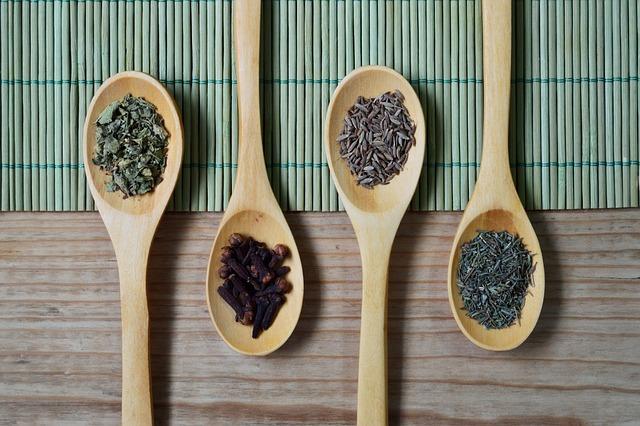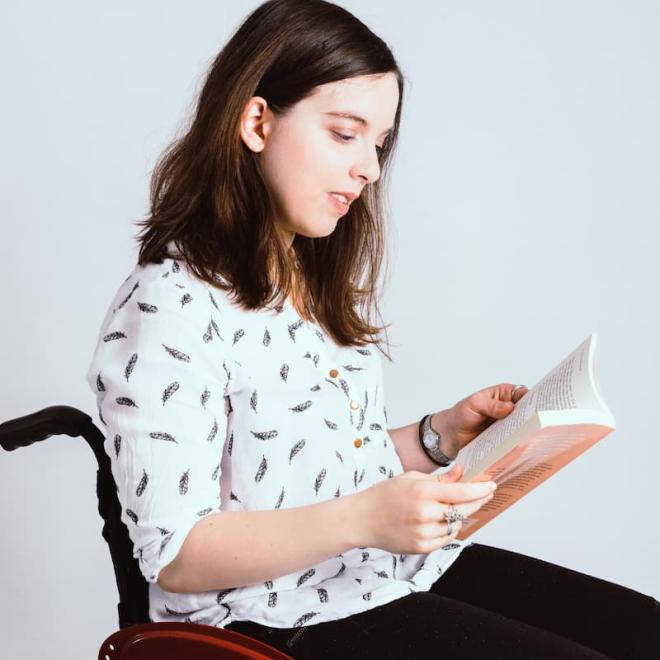
Let's Talk About Spoons
I've just returned from a short break to Norwich. I'm exhausted. I normally tap out at maybe 2,500 steps a day, according to my step counting app. I maintained that average on days that I travelled, the days I was on holiday, not so much. Between Monday and Friday, I managed to rack up a staggering 35,739 steps.
That's nearly twelve times my average.
Needless to say, I'm writing this tucked up in bed. Whilst questioning some of my recent choices. Now that I'm back home and desperately trying to recover I'd like to reflect on the use of spoons.
Now, the term ‘spoons’ is used quite liberally in the disabled community. However, if you're just hearing about them now, I promise I'm not talking about culturally. Christine Misersando first coined the phrase way back in 2003.
The 'Spoon Theory' puts forward that a person coping with a disability or chronic illness has much less energy to expend on daily tasks. Whether physical or mental energy is spent, each action takes a spoonful of energy to complete. If a non-disabled person starts their day with thirty spoons, we 'spoonies' may only have fifteen.
One to get out of bed, three to have a shower. Two to eat. That's six just to get my day started. Let's not talk about the daily two to three spoon tax for my mental health. Or the chronic pain drain that can take up to five spoons on my worst days.
You can see why I need to plan my days out. If I run out of spoons for the day, I take spoons from the next day.
Due to this trip away I'm currently running at a three-day deficit of spoons. That's with meticulous planning, huge rest breaks between activities and skipping showers. On average, a four day get away will take me about five days to recover from. A day a piece I was away and a day for me.
I had an amazing time. Although, I'd do it differently if I were to do it again. In honour of that, I've written some tips for my future self. Hopefully some of you find this helpful too! So, dear future me:
1. Don't get the coach
You hated it. The round trip saw you travelling for over 30 hours. You hurt all over and had multiple panic attacks. I know you took the coach because it was cheaper than the train, but it was not worth it. It was the biggest contributor to our current spoon deficit. Next time, take the train or if you can, get someone to come with you.
2. Use your wheelchair
Use your chair! You have it for a reason. I know you talked yourself out of it because you thought it'd be easier. However, after watching how good the coach drivers and staff were with a fellow disabled passenger you feel a bit silly for not taking it. If you could've wheeled everywhere so many spoons would have been saved.
3. Continue to work on communication with others
To be fair, you did really well with this one, especially when you were with our friend. However, asking for help whilst travelling was lacking. Staring hopefully at people thinking they'd ask if you needed help was not the way to do it. Staff are there to help. For someone that preaches self-advocacy, you still struggle with this one.
Think of it this way, a quick question would have eased your anxiety, thus saved a spoon or two.
4. Be honest with yourself when you touch base
If you need to alter plans because you've blown through your spoon allotment no one will be angry. You're projecting. Honestly, our mate was super chill and knew what we were thinking. She kept making us sit down. Which was great for us.
5. Have a recovery day
You normally do, but not this time. You had a work training day. The caffeine didn't help, neither did the pain meds. You nearly fell asleep multiple times throughout the day. I know this was a work commitment, but in all other circumstances block out the diary. The day after travelling you're to use as little spoons as possible.
Recovery is about gaining spoons, not spending. Blankets, tea, writing. And naps. As many as you want, okay?

About the Author
I'm Lauren. I'm a member of Active8 and a professional writer. I hope to use my first-hand experience with disability to empower others and spread awareness. You can follow my work on my website.
The small print made big
The Active8 blog is designed as a platform for our members and the disabled community to share their personal experiences and discussions which they are passionate about. Any views and opinions expressed are those of the writer and do not necessarily reflect the views of our charity.
To the best of our knowledge, the information in blog posts was accurate at the time of publication. Please contact the Active8 manager if you believe any content is incorrect or if you consider any content to be offensive or inappropriate: [email protected]
Where information in blogs has been taken from third party sources, every attempt has been made to give appropriate credit.
From time to time, writers may receive sponsorship, cash payment, free products, services and/or other forms of compensation from companies and organisations that they promote. Active8 will accept no form of payment for blog content or advertising.
Unless otherwise stated, our blogs (and any links they may contain) are not written or reviewed by medical professionals and do not provide health/lifestyle advice. They are not suitable for medical advice, diagnosis, or treatment. Any suggestions these blogs contain are based on the writer’s personal experience. Should you have any concerns about your health (including mental health) then we advise you should speak with your GP or consultant, in the first instance, or call 999 in an emergency.







